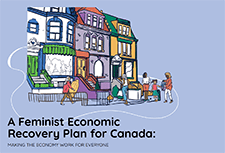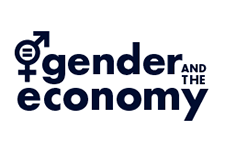Discover Library
Search this library to find research and resources from across the financial empowerment field.
Discover financial empowerment resources
Search this library to find research and resources from across the financial empowerment field.


